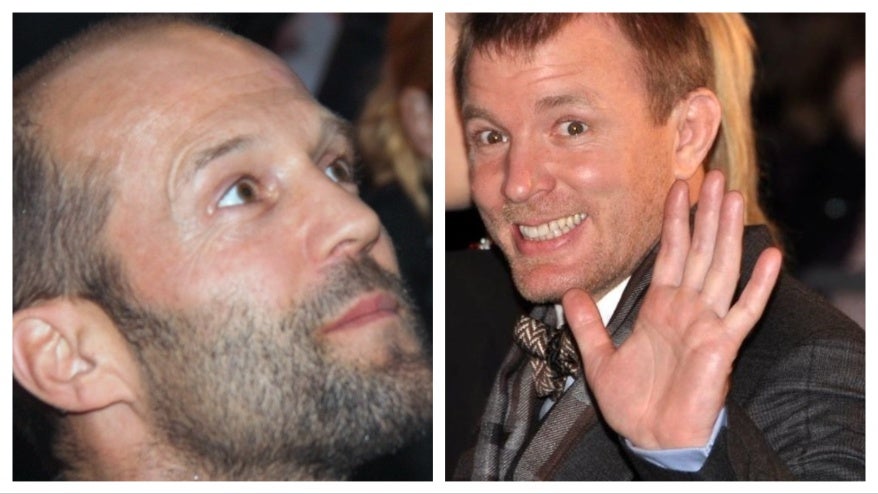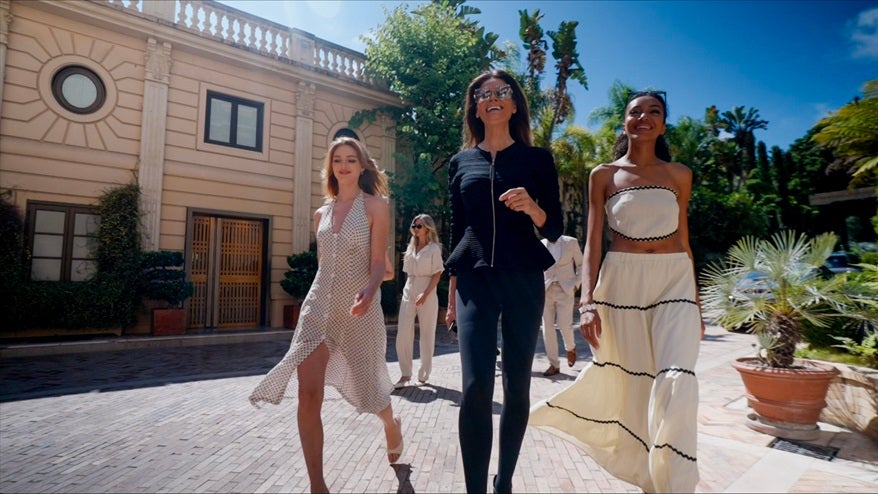Making Wales a model for green production
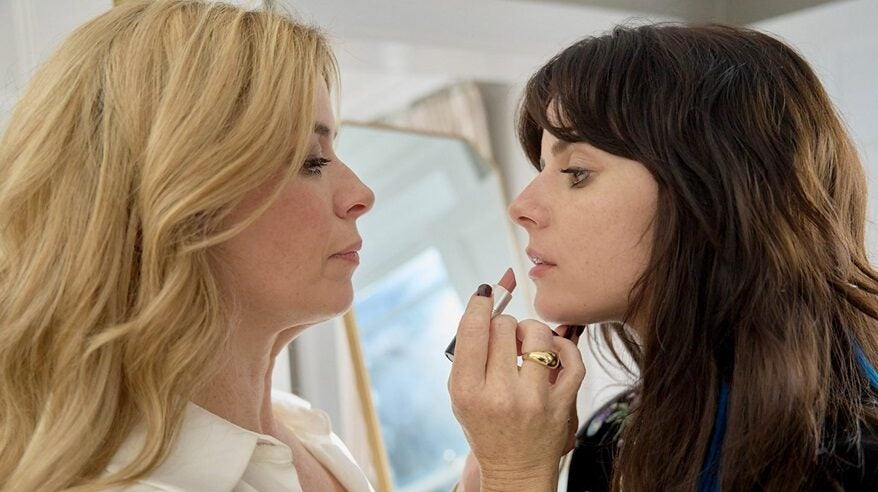
An average hour of filming generates as much carbon pollution as a flight from London to New York
Achieving and maintaining green, low/no-carbon practices within the production industry is – rightly – high on the screen sector’s agenda.
Guest contributors Professor Justin Lewis* and Greg Mothersdale* explain why the clarion call for action is so urgent, and how Wales is being used as the UK prototype for green innovation.
Pollution in production
Most people are unaware of the screen sector’s sizeable carbon footprint. Unlike aviation or heavy industry, it leaves no trails of smoke across the sky. But an average hour of filming generates as much carbon pollution as a flight from London to New York . An average day’s filming as much as most people produce in a year.
Film and TV production can often be messy. Location shooting is traditionally powered by diesel generators, while cast and crews generally use fossil-fuel powered vehicles and produce significant amounts of polluting emissions and waste. Sets, costumes and props are often one-off and dumped. And most forms of media production depend on large amounts of data storage in power-hungry servers.
More positively, the scale of the climate crisis is producing a series of specific, clear calls for action. BAFTA Albert’s Screen New Deal has led the way for the screen sector, using Wales – a world leader in recycling – as the UK prototype for green innovation. It outlines a range of ways for the industry to green up its act.
We at Media Cymru – a £50m creative innovation programme – have partnered on the Screen New Deal: Transformation Plan for Wales, and we’re adopting it as a framework to inform the way we fund and support innovation.
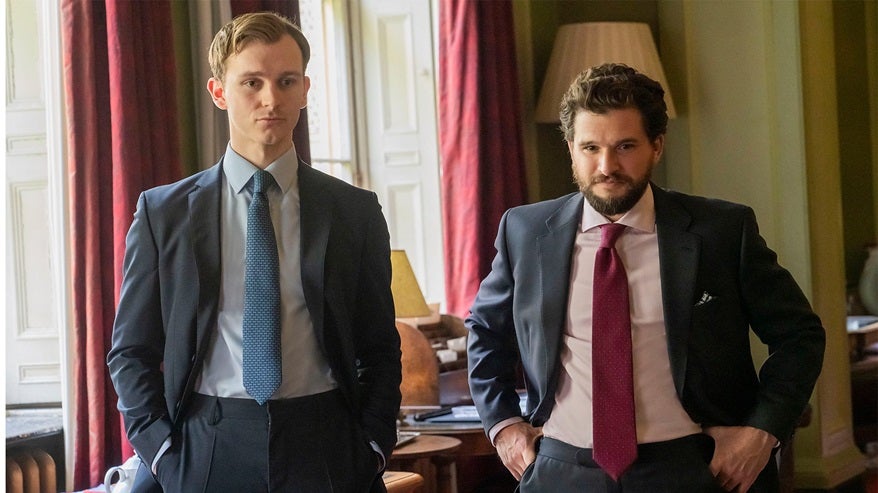
Wales as a green model
So, while the global spotlight usually focuses on LA or London, radical media innovations are quietly taking shape in Wales. Inspired by Welsh Government’s Well-Being of Future Generations Act, Media Cymru is supporting, funding and scaling a range of low-carbon media solutions implemented by industry and scalable across the UK and beyond.
While most media companies want to be greener, they lack the time and resources to follow this through. And most commercial pressures push convenience over climate. Our aim is to use innovation to make sustainable choices more accessible and affordable.
This means developing innovations across the board – in infrastructure, practices, technology and training. We need to demonstrate that it is possible – and commercially viable – to move away from increasingly power-hungry technologies, wasteful one-off production and built-in obsolescence.
Examples of greening screen production
In collaboration with a range of partners – including Ffilm Cymru Wales, Welsh Government through Creative Wales and BBC Cymru Wales – we have supported more than 30 innovation projects to improve the environmental impact of the media sector and its supply chain in Wales. These combine a range of initiatives designed to make it easier for Welsh companies to make green choices.
For example, Wolf Studios – home of Doctor Who and His Dark Materials – have installed and trialled a variety of different applications and technologies to reduce and recycle water, aiming to influence consumption and reduce the carbon footprint of the site. The implementation of simple changes has so far resulted in a reduction of 23% in consumption (the equivalent of 1.1 million litres of water) in the year to March 31, 2025 compared to the same period in 2023-2024.
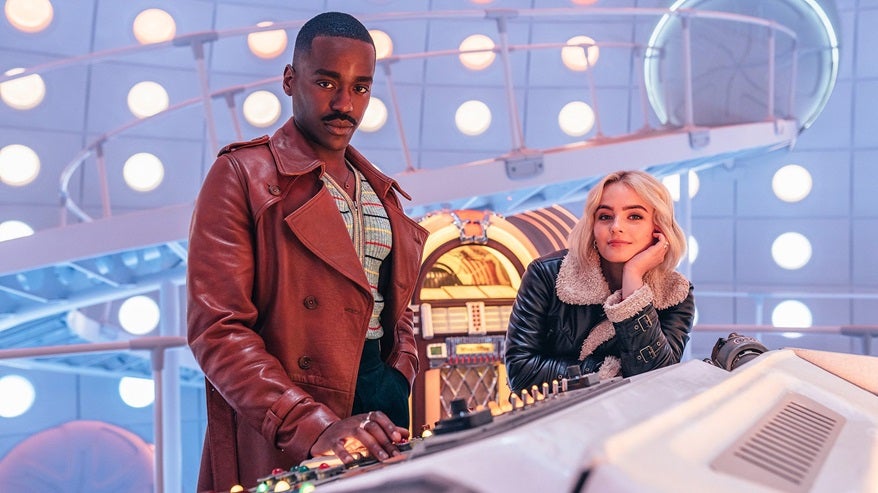
Rusty Design is developing large-scale 3D printing technology using sustainable – and reusable – materials to make props for screen and stage. Reducing carbon pollution is built-in to their production processes at every stage.
Although the energy costs of virtual technology are high, it has the potential to reduce a production’s overall carbon impact. On Par Productions and fivefold Studios – two of Wales’ leaders in virtual technology – are developing the use of virtual production, powered by green energy sources, to enable productions to reduce the need for expensive and carbon heavy location filming.
Welsh TV makers Afanti successfully launched Afango at this year’s Urdd Gobaith Cymru Eisteddfod, the largest youth festival in Europe. Their new net-zero initiative successfully powered their production for Welsh language broadcaster S4C via hydrogen generators using Welsh green hydrogen, advanced battery systems, mobile EV charging infrastructure, and responsibly sourced Hydrotreated vegetable oil (biofuel HVO).
Sustainability co-ordinators
Making green choices requires knowledge, foresight and co-ordination. After funding a successful pilot on Severn Screen’s Netflix production of Havoc, we have created a cohort of sustainability co-ordinators. Trained by the University of South Wales through an innovative skills programme, the first six coordinators were then supported by Welsh Government to work across six Welsh productions, embedding green ways of working across the sector.
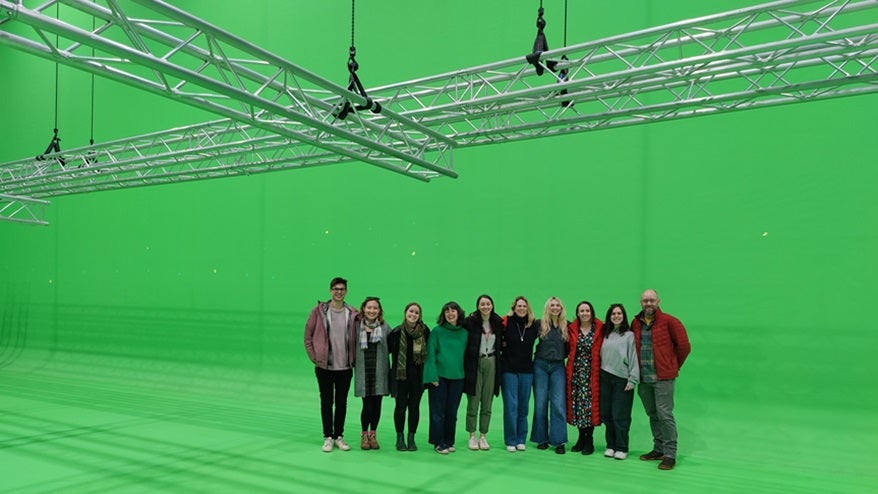
Greening content
The climate crisis presents us with a unique communications challenge. The first major UN Intergovernmental Panel on Climate Change (IPCC) was published in 1990. The report outlined the need to reduce fossil fuel pollution, as well as the potentially dire consequences of failing to act. Over 35 years and 45 more weighty IPCC reports later, we’ve gone backwards, producing significantly more greenhouse gas pollution than we did back then.
The breakdown of ecosystems caused by global heating is the existential threat of our age – yet it remains well down the list of issues that concern people; our media have found it difficult to find ways to engage people with the climate crisis. Clearly, the old ways of communicating aren’t working.
We need fresh, innovative ways to tell this story. We have been working with BBC Cymru Wales and Ffilm Cymru Wales to support 10 film and TV makers to R&D innovative ways to engage diverse audiences with climate change in ways that win the battle for hearts and minds, telling new stories about climate in ways that resonate emotionally and scientifically. These projects cross a range of genres, from comedy to drama, documentary to new immersive formats.
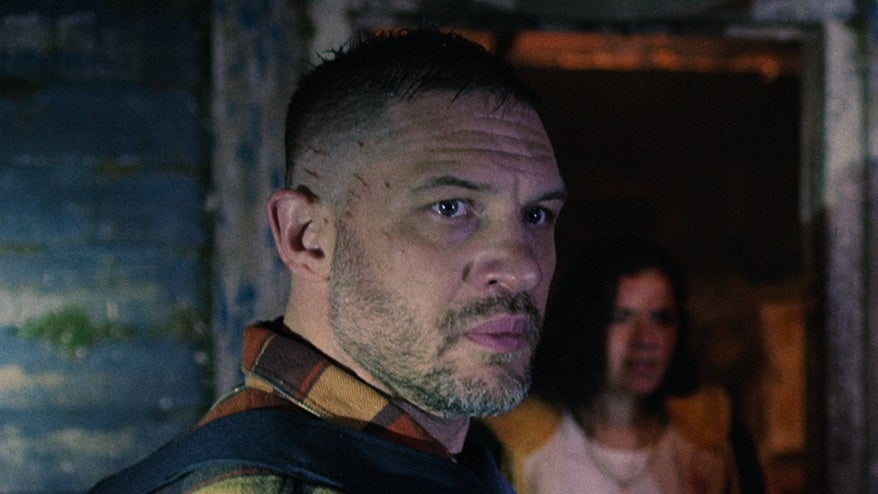
Green showcase
We’ll be bringing all our green projects together in November – a ‘green convene’ – to share their innovations and inspire best practice. Wales is already a world leader in recycling. We’re aiming to make it a global model and roadmap for climate-smart creative economies.
*About the authors
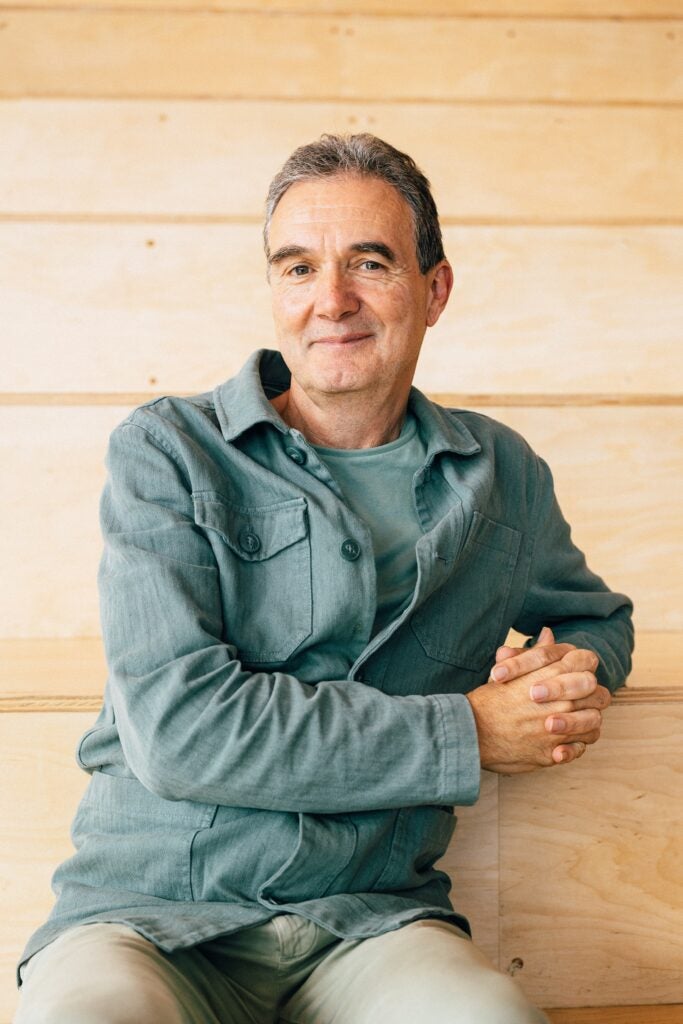
Professor Justin Lewis (left) is director of Media Cymru, a 22-partner, £50m UKRI [UK Research and Innovation]-funded media innovation consortium. He was previously director of Clwstwr, a £10m AHRC [Arts and Humanities Research Council] and Welsh Government-funded creative industries innovation programme.
Both programmes have a strong focus on using innovation to create green, fair, prosperity in the creative industries. He is also Professor of Creative Industries and co-director of the Centre for the Creative Economy at Cardiff University and a Fellow of the British Academy.
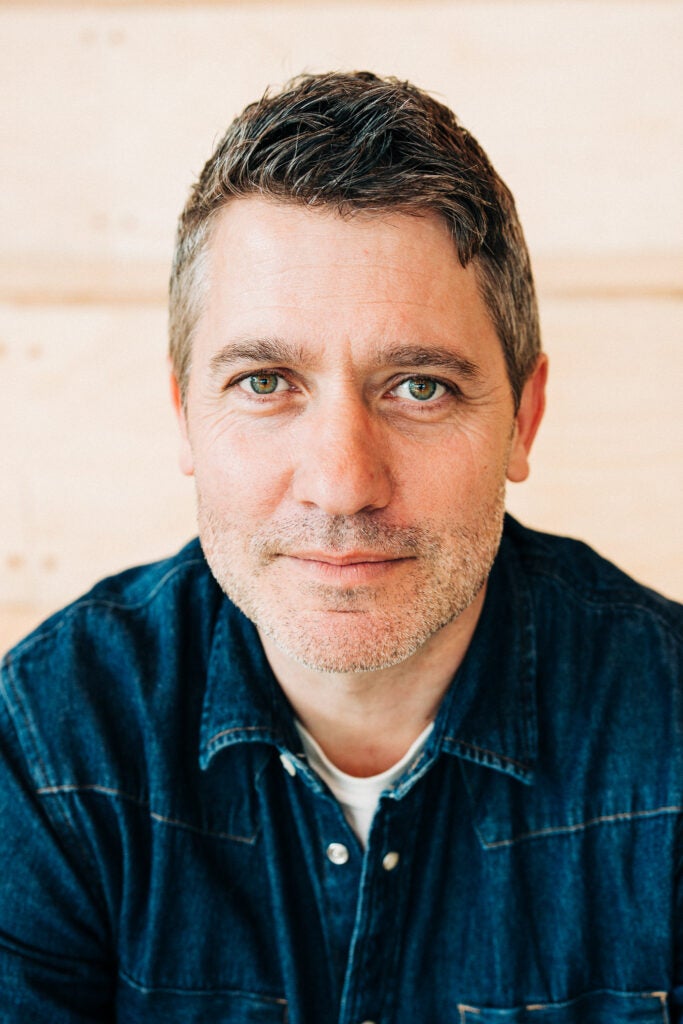
Greg Mothersdale (right) is a highly-experienced R&D producer for Media Cymru. He guides and supports a wide range of media innovation projects and leads the Green pillar for the programme.
Prior to this he was a producer for Clwstwr, one of the UK-wide creative clusters. He has more than 20 years’ experience of working in the creative sector, including film and TV production, performance and event management.
He is also co-investigator on XR Network+ Virtual Production in the Digital Economy which is building a collaborative research community for the future of virtual production and creative technology.
With many thanks to Professor Justin Lewis and Greg Mothersdale for this feature
Share this Article
Latest News
View All
Featured













